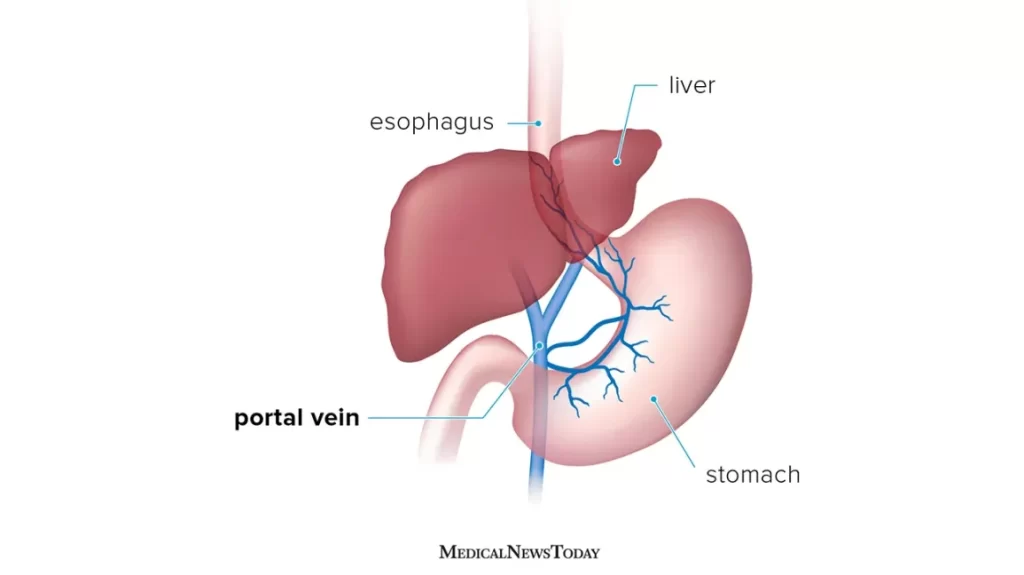- :+91 - 89402 62058, +91 76392 89213
- Agilkarai Street, Tirumayam, Tamil Nadu 622507
hypertension management
Effective hypertension management involves a combination of lifestyle modifications and, if necessary, medication. Adopting a heart-healthy diet rich in fruits, vegetables, and low-fat dairy can contribute to blood pressure control. Regular physical activity, such as brisk walking or aerobic exercises, helps maintain a healthy weight and promotes cardiovascular health. Medications, prescribed by healthcare professionals, may include diuretics, beta-blockers, or ACE inhibitors.

Diabetes Management
Effective diabetes management involves a holistic approach. Monitoring blood glucose levels regularly and maintaining a balanced diet, rich in whole grains, fruits, and vegetables, are key components. Regular physical activity helps control weight and improves insulin sensitivity. Medications or insulin therapy, as prescribed by healthcare professionals, may be necessary.
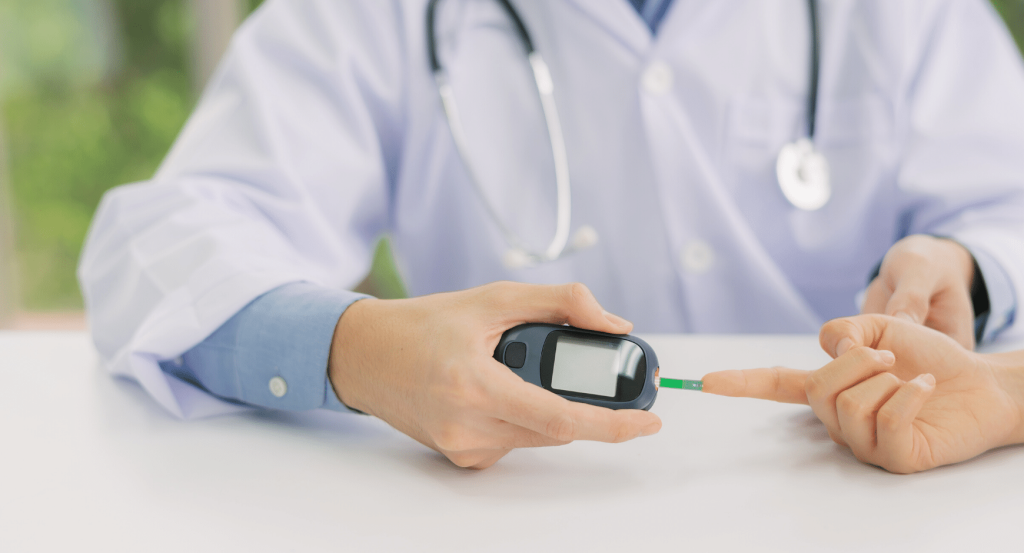
Chronic Kidney Disease (CKD) Management
Managing Chronic Kidney Disease (CKD) involves a comprehensive approach. Lifestyle modifications, such as a low-sodium diet and regular exercise, support kidney health. Blood pressure and blood sugar control are crucial in slowing CKD progression. Medications, like ACE inhibitors or angiotensin II receptor blockers, may be prescribed to manage blood pressure and protect the kidneys. Regular monitoring of kidney function, dietary adjustments, and collaboration with nephrologists contribute to effective CKD management, aiming to delay disease progression and prevent complications
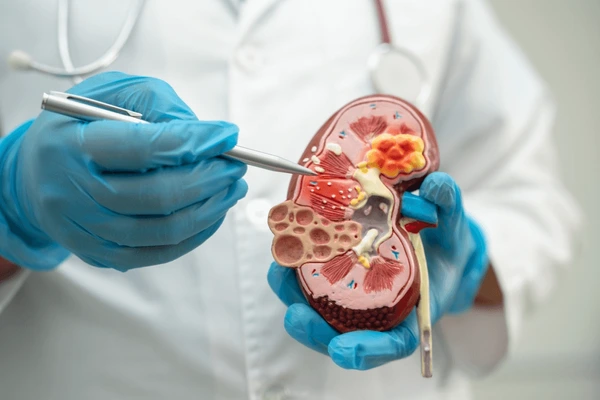
Acute Kidney Injury (AKI) Treatment
The treatment of Acute Kidney Injury (AKI) involves addressing the underlying cause and providing supportive care. Identifying and resolving factors like dehydration, infections, or medication-related issues is essential. In severe cases, hospitalization and interventions, such as intravenous fluids and medications to support kidney function, may be necessary. Close monitoring of fluid balance, electrolytes, and kidney function is crucial throughout the treatment process. Collaborating with healthcare professionals ensures a tailored approach, aiming for timely recovery and preventing complications

Kidney Stone Management
Contrary to popular belief, Lorem Ipsum is not simply random text. It has roots in a piece of classical Latin literature from 45 BC, making it over 2000 years old. Richard McClintock, a Latin professor at Hampden-Sydney College in Virginia, looked up one of the more obscure Latin words, consectetur, from a Lorem Ipsum passage, and going through the cites of the word in classical literature, discovered the undoubtable source.
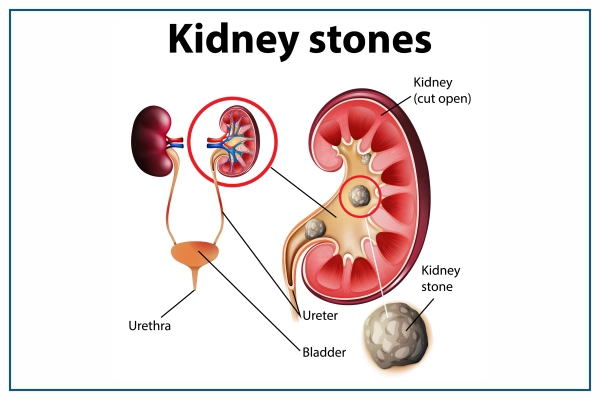
Glomerulonephritis Treatment
Glomerulonephritis treatment depends on the specific type and cause of the condition. In many cases, managing underlying infections or immune system disorders is essential. Medications such as corticosteroids or immunosuppressants may be prescribed to reduce inflammation and immune system activity. Blood pressure control is crucial to protect the kidneys, often achieved through medications like ACE inhibitors or angiotensin II receptor blockers.
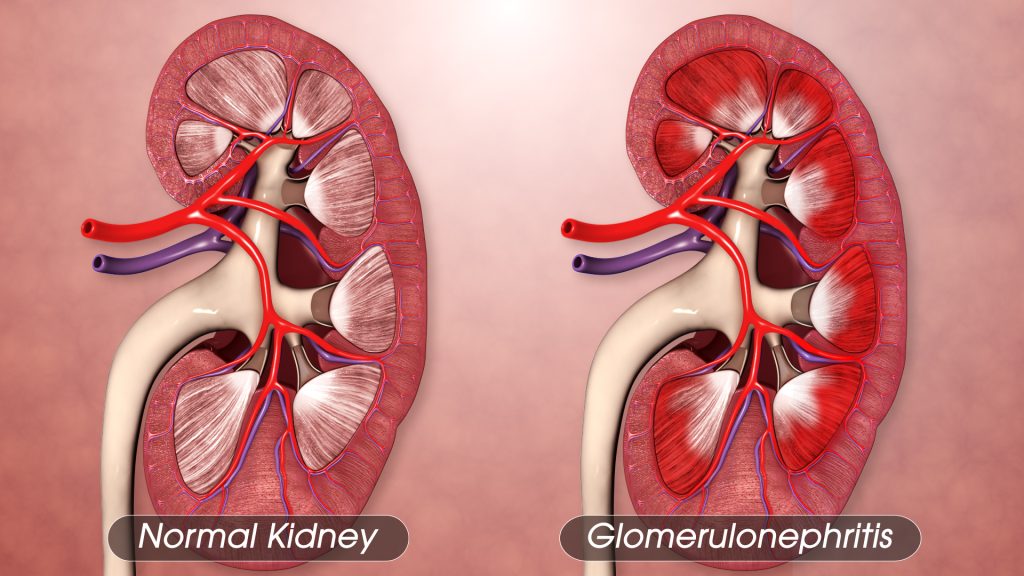
Polycystic Kidney Disease (PKD) Management
Polycystic Kidney Disease (PKD) management focuses on alleviating symptoms and preventing complications. Lifestyle modifications, including a low-sodium diet and regular exercise, contribute to overall kidney health. Medications may be prescribed to control blood pressure and manage associated symptoms. Close monitoring of kidney function through regular check-ups is crucial. In advanced cases, where cysts lead to severe complications, interventions such as cyst aspiration or surgery may be considered.
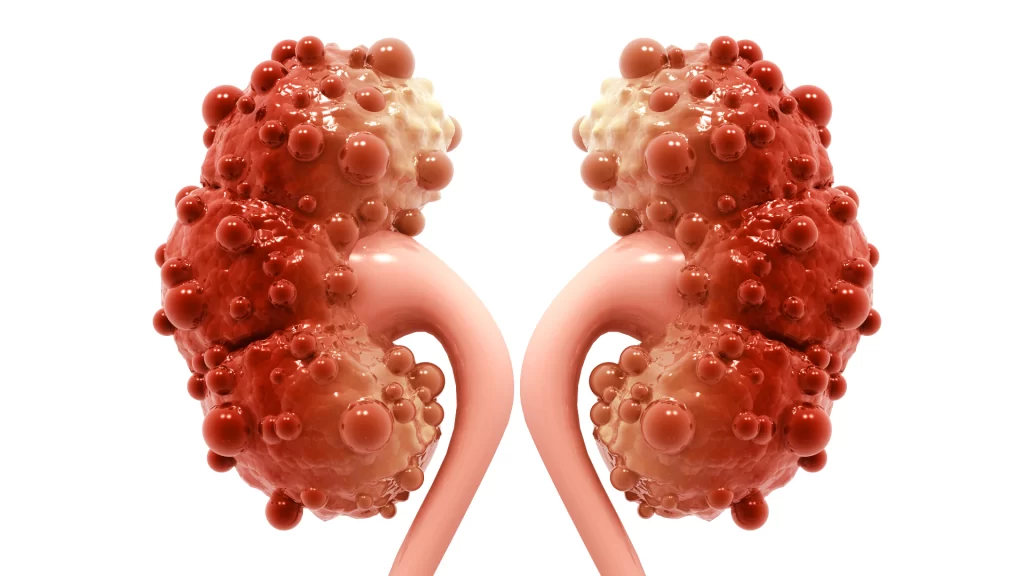
Renal Replacement Therapies
Renal Replacement Therapies (RRT) are crucial interventions for individuals with advanced kidney disease. Dialysis, including hemodialysis and peritoneal dialysis, assists in filtering blood and removing waste products. Kidney transplantation offers a more comprehensive, long-term solution by replacing a diseased kidney with a healthy one from a donor. The choice between dialysis and transplantation depends on factors like health status and the availability of a suitable donor.
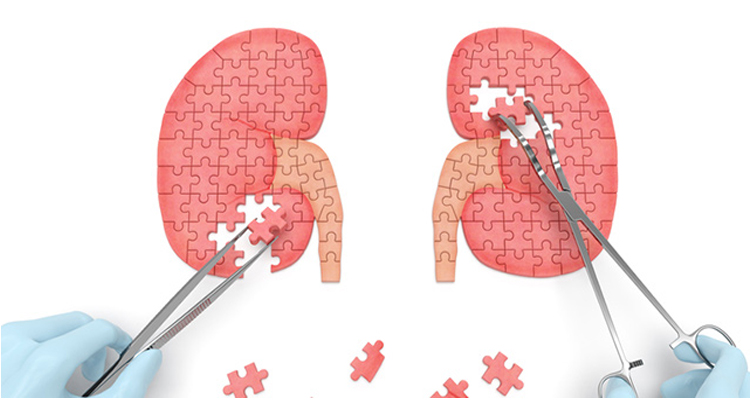
Electrolyte and Acid-Base Balance
Maintaining electrolyte and acid-base balance is critical for overall health. Electrolytes, such as sodium, potassium, and calcium, play essential roles in various physiological processes, including nerve function and muscle contraction. The body's acid-base balance, regulated by the kidneys and lungs, ensures optimal pH levels for cellular function. Imbalances, often caused by conditions like kidney disease or dehydration, can lead to complications such as muscle cramps, cardiac arrhythmias, or metabolic acidosis.
